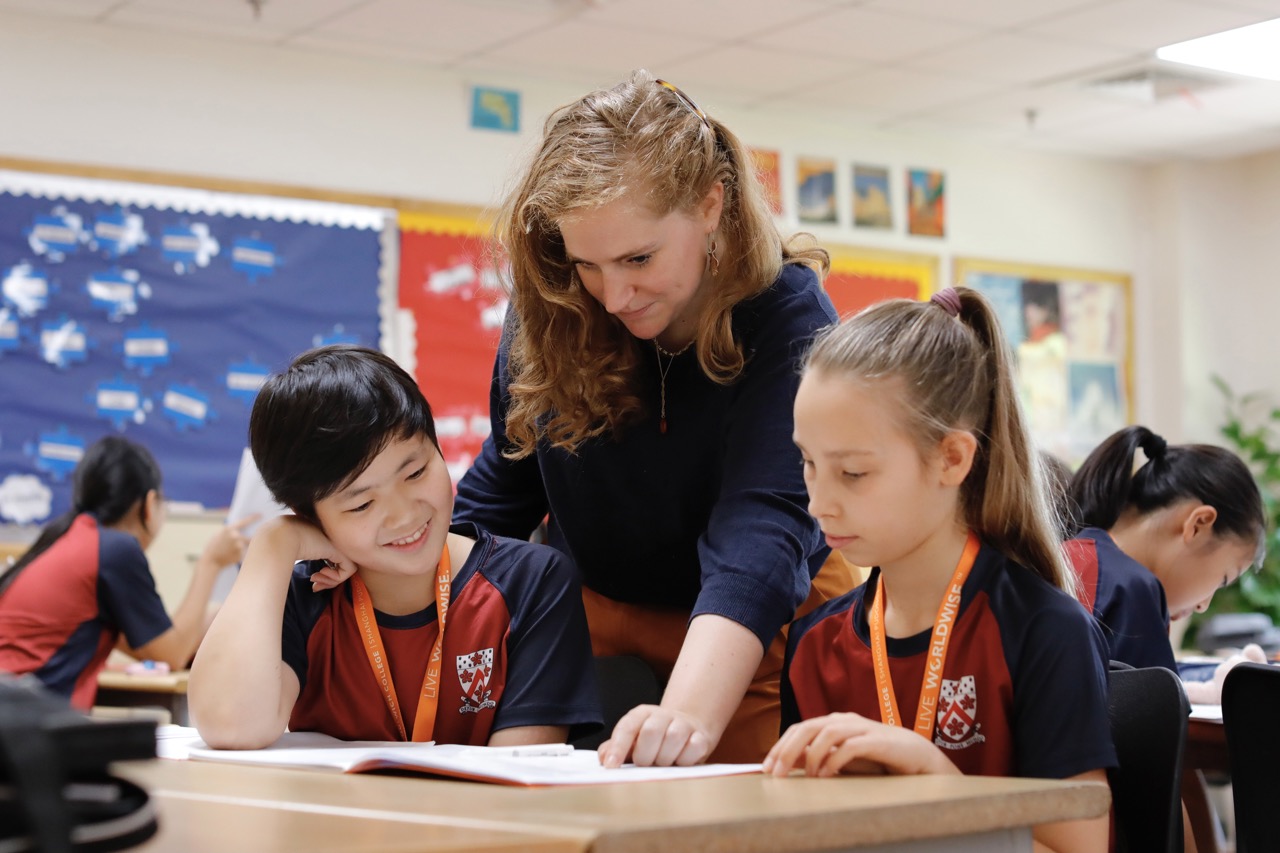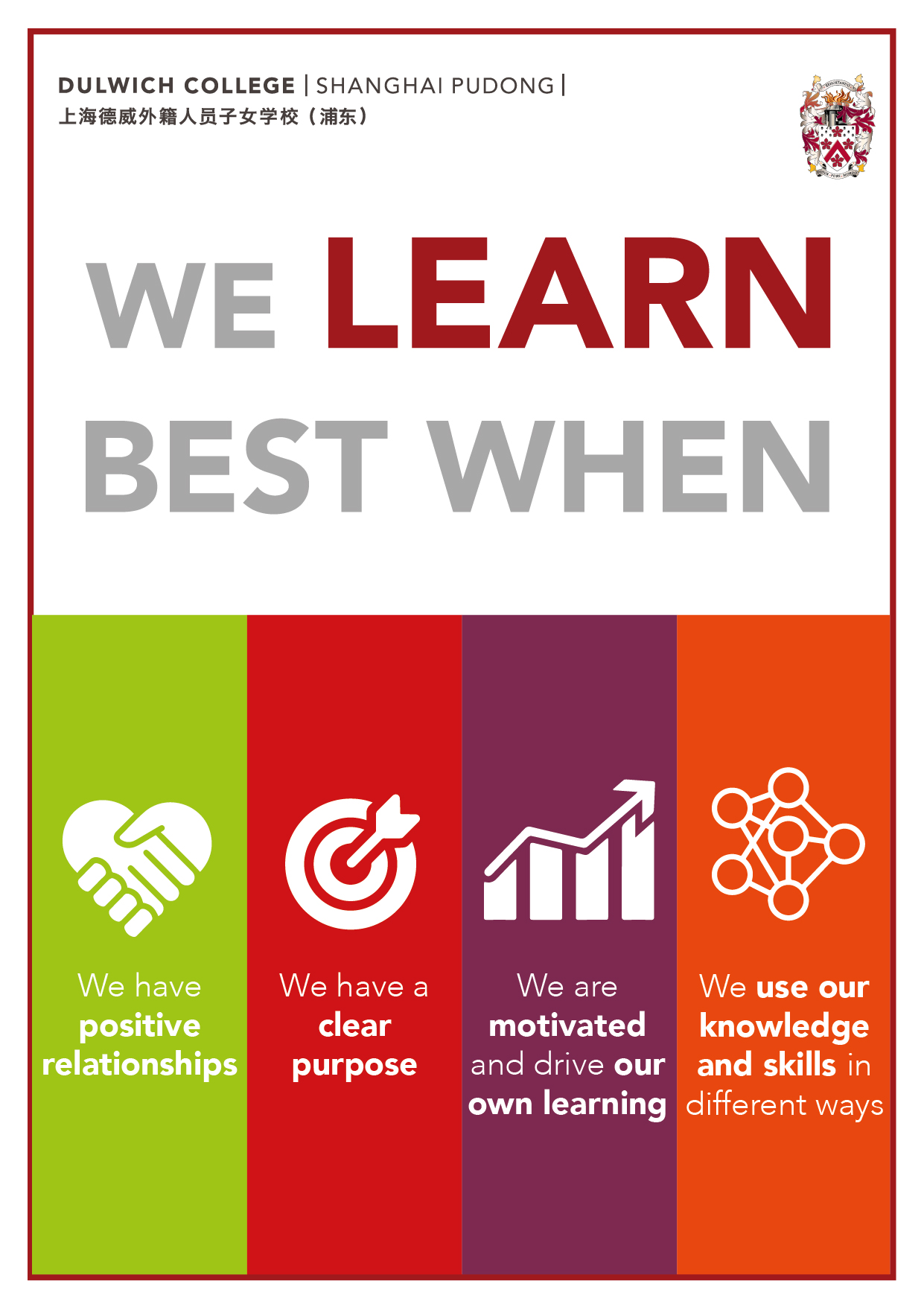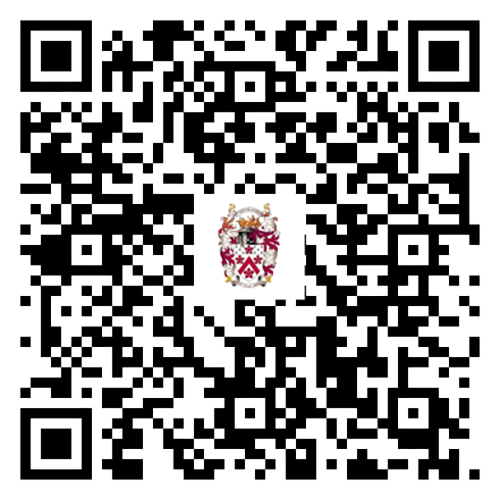How We Learn
- Home
- How We Teach & Learn
- How We Learn
Our Learning Principles
Across the EiM group of schools these guiding statements drive effective and innovative pedagogy at each age and stage of a student’s learning journey. Based on leading evidence based educational research and reflected in our Teacher Competency Framework, the Learning Principles underpin the best educational practices worldwide.
- Learning is effective when it has a clear purpose
- Learning is effective when it is adapted and applied
- Learning is effective when it is personalised
- Learning is effective when it is relational

At Dulwich College Shanghai Pudong, we have developed our own community facing Learning Principles using a shared and inclusive language for teachers, students and parents. These are:
We learn best when:
- We have positive relationships
- We have a clear purpose
- We are motivated and drive our own learning
- We use our knowledge and skills in different ways

We believe that high-quality learning is an ongoing and interactive process that develops transferable knowledge, concepts and skills. We use these statements to help evaluate the effectiveness of learning when talking with students during lessons and as part of teacher action research and professional learning. We also use these principles to build student metacognitive understanding of learning, which in turn leads to greater student advocacy and independence.
These principles have also been developed with the forward-looking lens of a 21st century education in mind. The agile and adaptable skills required in future landscapes demand current innovative schools that seek to secure a deeper level of student understanding that will enable the transfer of thinking from one domain to another. This concept-based approach underpins our K-12 curriculum but more importantly our entire approach to learning, teaching and student wellbeing.









